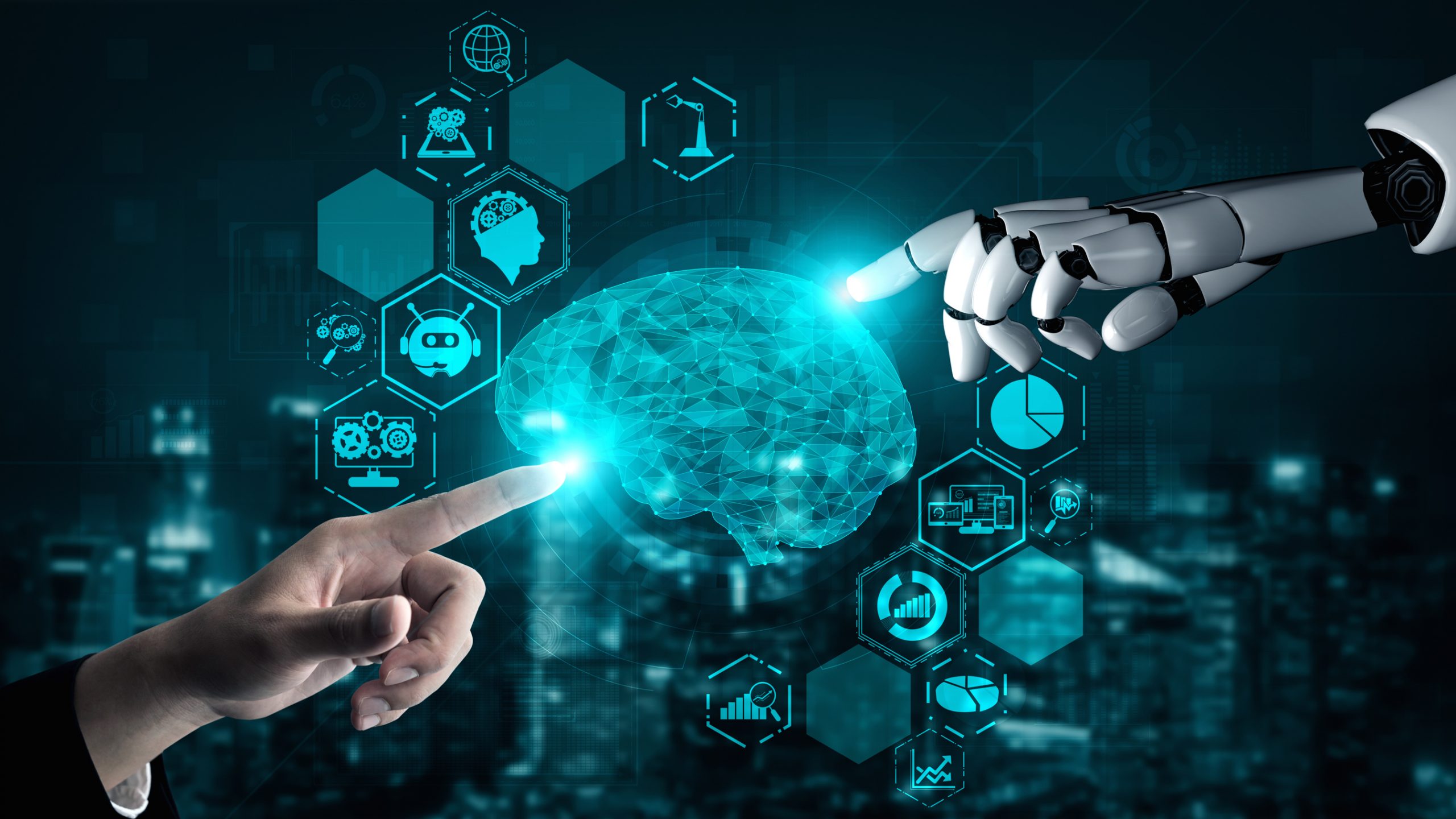Rise by Six: Your Daily Dose of Inspiration
Explore insights and stories that elevate your day.
AI: The Newest Member of Your Family?
Discover how AI is reshaping family dynamics and why it might just become the newest member of your household!
How AI is Revolutionizing Family Dynamics
Artificial Intelligence (AI) is fundamentally transforming family dynamics in various ways, enhancing communication and interaction among family members. With the advent of smart home devices and virtual assistants, families can now enjoy seamless connectivity that keeps them engaged in their daily lives. For instance, voice-activated technologies can facilitate scheduling, reminders, and even play music, fostering an environment of collaboration and efficiency. This shift towards AI-driven interactions not only streamlines household management but also encourages families to spend more quality time together, engaging in activities that promote bonding.
Moreover, AI is playing a pivotal role in understanding the emotional needs of family members. Tools powered by machine learning can analyze communication patterns and provide insights into family relationships, helping to identify issues before they escalate. Through personalized recommendations for activities or conversations that nurture emotional well-being, AI is becoming an essential companion in maintaining healthy family dynamics. As families increasingly rely on technology, the potential for AI to facilitate deeper connections and improve overall family happiness is boundless, marking a significant evolution in how we interact with one another in familial settings.

Is AI the Future of Family Companionship?
As technology continues to advance, the question arises: Is AI the Future of Family Companionship? With the integration of artificial intelligence into daily life, families are beginning to explore how AI can enhance their relationships and provide emotional support. From intelligent virtual assistants that help manage household tasks to robotic companions that offer companionship to the elderly, the potential for AI to serve as a part of the family dynamic is becoming increasingly apparent. These AI technologies can learn from interactions, adapt to family routines, and even provide a listening ear, raising intriguing possibilities about enhancing human connection.
However, the idea of using AI for companionship also comes with challenges. Questions about emotional intelligence, privacy, and the authenticity of AI relationships loom large. While AI can simulate conversation and offer responses based on data, it lacks true emotional understanding. As society contemplates the role of AI in family dynamics, it is essential to weigh the benefits of AI companionship against the potential drawbacks. Ultimately, the success of AI as a tool for enhancing family relationships may depend on how well it can complement—not replace—the genuine human connections that are vital for emotional well-being.
The Pros and Cons of Welcoming AI into Your Home
Welcoming AI into your home can come with a range of benefits that enhance convenience and efficiency. For instance, smart assistants like Amazon Alexa or Google Assistant can simplify daily tasks by managing calendars, controlling smart home devices, and providing instant information. Furthermore, appliances equipped with AI technologies can anticipate your preferences, making meal preparation and chores much easier. These advancements not only save time but also create a more organized and responsive living environment.
However, there are notable downsides to consider when inviting AI into your personal space. Privacy concerns loom large, as these devices often require access to personal data to function effectively. Moreover, reliance on AI technology can lead to decreased human interaction and a potential loss of essential problem-solving skills. In addition, the financial investment in home AI systems may not always yield the expected return in terms of convenience or efficiency, making it crucial to weigh these pros and cons carefully.